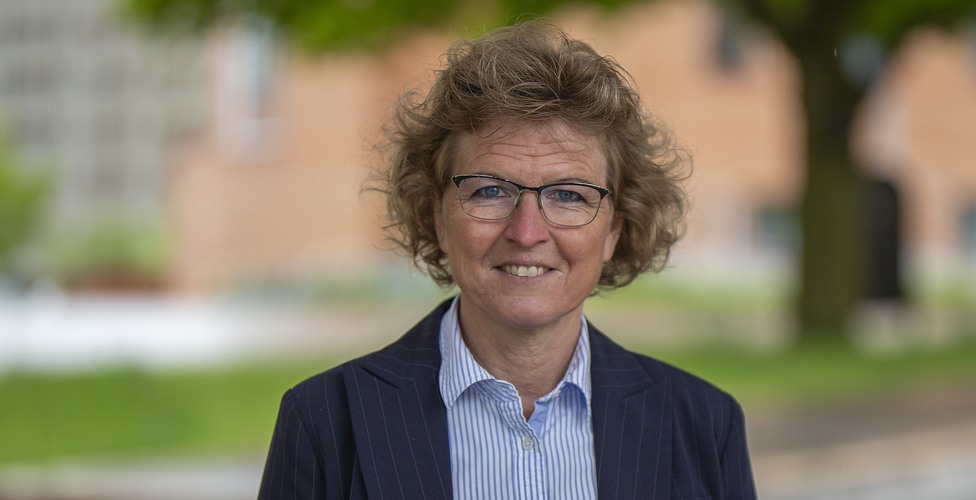In a new research project, scientists from the University of Skövde are set to develop an AI-based method aiming to predict the risk of graft rejection. The goal is to give patients access to novel treatments of severe diseases. The project is being financed by Vinnova with nearly six million SEK.

Jane Synnergren, Professor in Bioinformatics, is leading the project where the researchers will develop an AI-based method that can be used to predict the risk of rejection of a blood vessel graft before transplantation.
Advanced therapy medicinal products (ATMPs) are therapies based on biological materials, such as genes, cells, or engineered tissues. These are the next generation of therapies and will be able to cure diseases for which we today only can treat the symptoms. It is today very difficult to predict long-term effects and immunological responses after treatment.
Can predict graft rejection
In a new research project, scientists from the University of Skövde, VERIGRAFT, RISE, and SciCross are set to develop an AI-based method to quality test ATMPs before transplantation.
"We will develop an AI-based method that can be used to predict the risk of rejection of a blood vessel graft before transplantation into a patient," says Jane Synnergren, project leader and Professor in Bioinformatics at the University of Skövde.
The blood vessels produced are personalised using the recipient's own blood. The treatment involves replacing diseased tissue with healthy tissue.
Leads to improved patient safety
In the project, researchers will gather data about genes, cells, tissues, and more from the recipient's healthy vessels and various stages of blood vessel production, both from the production of grafts, and one year after transplantation. The datasets will then be used to train an AI-model to understand patterns in the information and help predict how well the transplantation works. The goal is to use the method to predict if a specific tissue transplant has the right properties and is of sufficiently good quality for transplantation into a patient.
"If we can detect poor quality using our method, we can reduce the number of failed transplantations, with improved safety for patients," says Jane Synnergren.
Current methods limit access to new treatments
Today, there is a lack of effective and scalable tools to assess the safety of the majority of all ATMPs, which delays and limits patients' access to new treatments. Instead, the quality and safety of ATMPs are currently assessed manually by experts. A procedure that is often arbitrary and dependent on the expertise of staff.
"Our goal is to come up with improved AI tools that are digitalised and scalable for industrial production lines. This will help patients gain access to new and promising treatments," says Jane Synnergren.
The University of Skövde leads the project, conducted in collaboration with VERIGRAFT, RISE, and SciCross. VERIGRAFT and RISE contribute with tissue engineering expertise, while SciCross and the University of Skövde contribute with expertise in AI-based prediction methods for ATMPs. The project will continue until October 2026.

